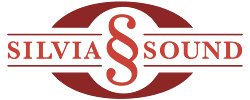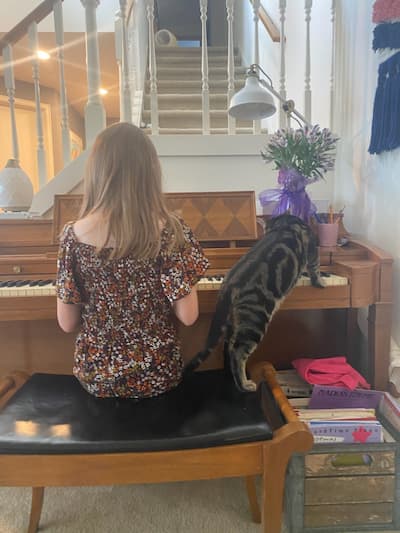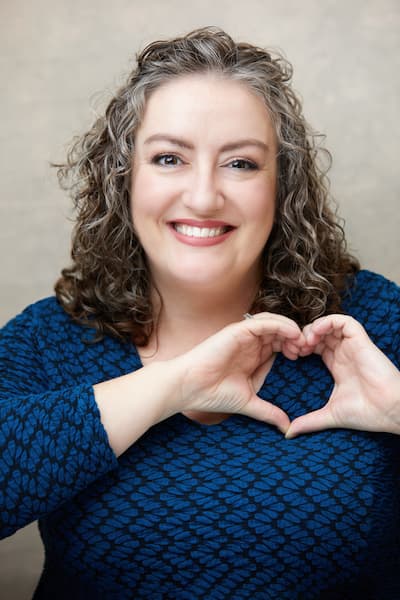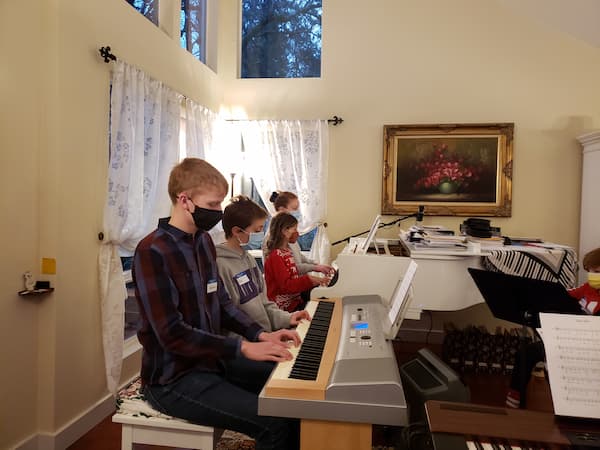Silvia Sound Music Studio
Piano Lessons
For Students of All Ages
FAQs
What is the best age to begin piano lessons?
It varies from person to person, so I prefer to assess the skills each student already has. A child is generally ready for piano lessons if they are potty trained and can write their alphabet. For those who are in kindergarten or younger, a trial lesson to assess the child’s skill set is generally a good idea.
What happens in a typical lesson?
Each lesson begins with a brief greeting and some hand washing time. Students play the pieces they prepared from last week and I adjust or correct as needed. The last ten minutes are reserved for introducing new concepts and materials so that students leave energized and ready to play their new music.
How long are lessons?
For beginning students, a weekly 30-minute lesson is a good starting point. I will ask for an upgraded 45-minute lesson time if a longer lesson is necessary for several consecutive weeks. Adult beginning students benefit from 45-minute lessons right from the beginning.
How much practicing should I plan to do?
In the beginning, it might only take 10 or 15 minutes to thoroughly practice 5 entry-level songs. After a few months, you can expect to practice about as long as your lesson. Those who practice longer do progress faster!
Do I need to know how to read music before I begin lessons?
No, but I will definitely teach you this important skill! At the end of 2 years of lessons, you should be able to comfortably read music.
How much does it cost?
And how is payment handled? I handle all billing and scheduling through Fons.app. A weekly 30-minute lesson will cost $120/month, all 12 months of the year. This price assumes that you will experience several absences throughout the year for holidays, travel, illness, etc. You will have access to summer lessons if you wish.
Do I have to have a piano at home?
YES! I’ll be asking your pianist to engage in daily practice, so you’ll need an instrument of your own to engage in forward progress between lessons. An acoustic instrument is certainly best. If you don’t have an instrument, let’s talk. I know some people and would be happy to get you started in your search.
Where do the piano books come from?
I will provide the initial book at your first lesson together. After that, I’ll send you an Amazon link for any new books I’d like you to buy.
What happens if I have to cancel a lesson? Or I'm running late?
Lesson cancelation can be done in one of two ways: you can email me to let me know, or you can do it through Fons. If you’re running late, a call or text is always welcome if you can do so safely. My custom is to teach until the next student arrives, so if traffic is still bad, we’ll go over if we can.
What if I've had a couple years of lessons?
I’d like to meet you at a trial lesson. I’ll ask you to prepare two pieces of music — whatever you studied most recently with your previous teacher and your favorite song of all time. This will give the two of us a chance to work together and see if we’re a good teacher/student fit. Please also bring the last book or two that you worked in, as this will help me to get a sense of what you already know.
What are Sarah's qualifications?
I’ve been teaching for 25 years and playing the piano even longer! I hold B.M. and M.M. in Piano Performance and am a Nationally Certified Teacher of Music through Music Teachers National Association. I want to inspire my students to find the joy in making music, and to empower them to play music they love.
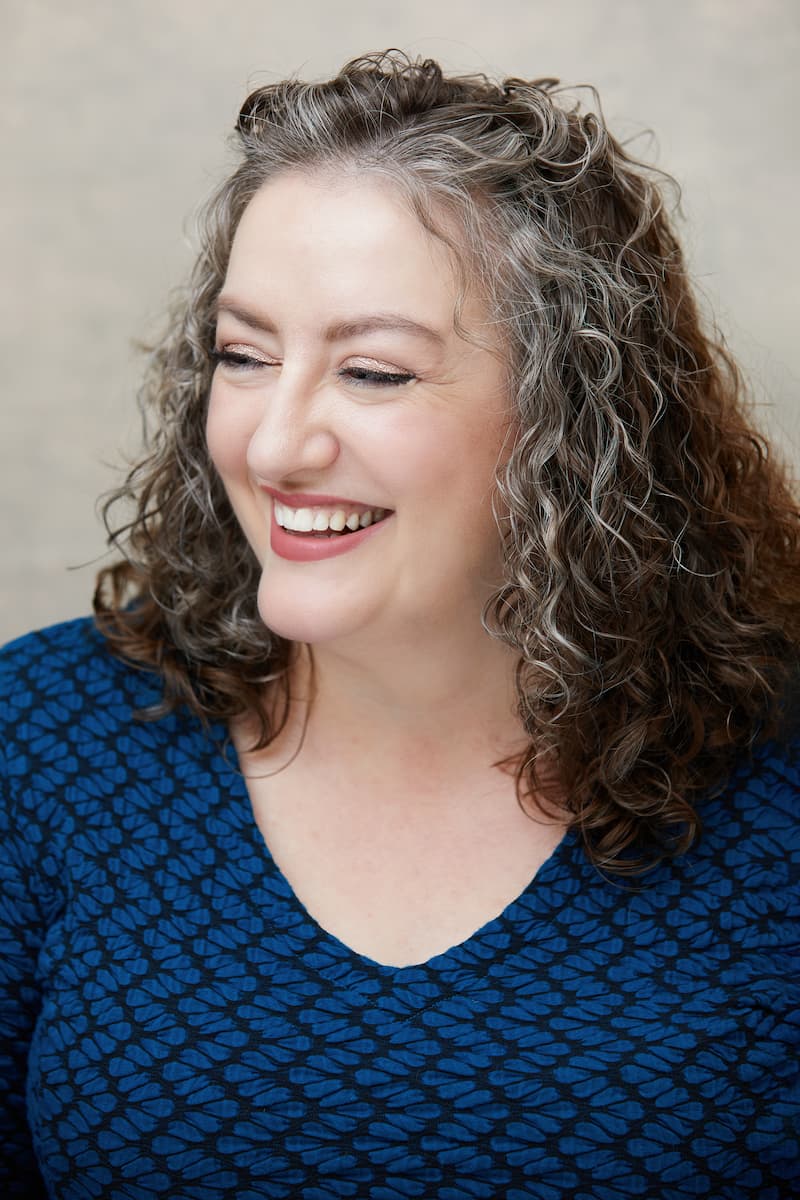
Having Sarah as her teacher now has awakened the joy of playing music for our daughter. Anastasia practices, creates her own music, plays around with improvisation, and just has fun exploring. We couldn’t be more pleased in hearing our daughter play and know that she is enjoying her lesson.
My son always looks forward to his lesson and comes away feeling eager to learn more.
Our daughter Mia used to be timid about performing. But since studying with Sarah, she now performs with confidence and ease. And our younger daughter Kylie especially loves Sarah helping her choose passion projects. Together they polish her pieces so she can play them beautifully and expressively.
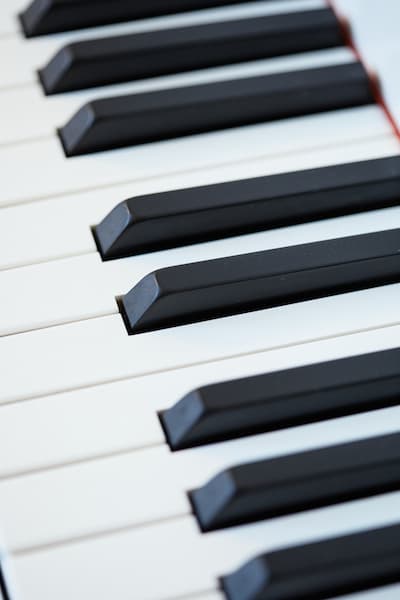
MUSIC!
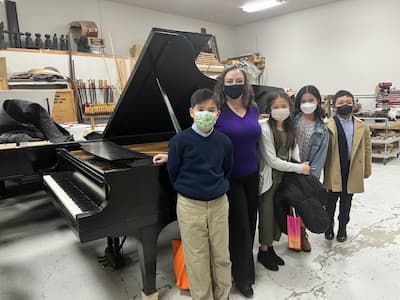
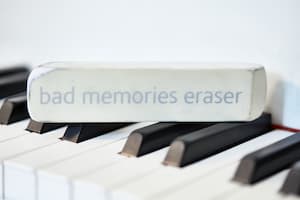
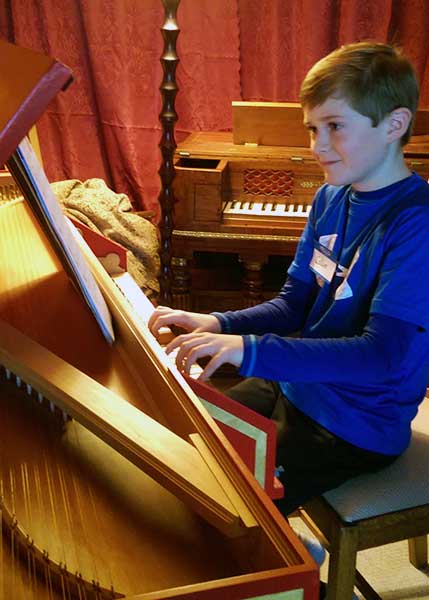
“My job is to empower students to play music they love.”
